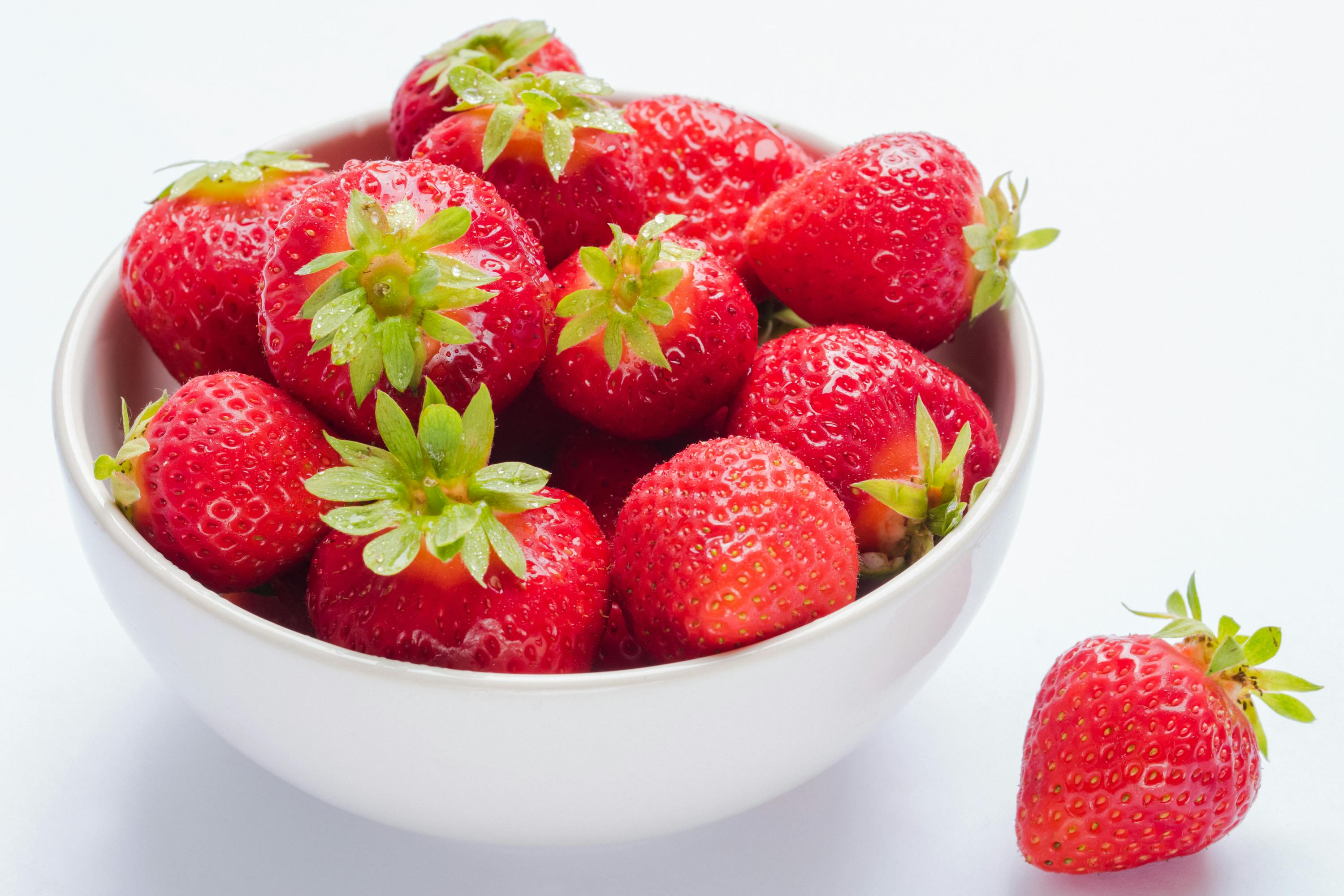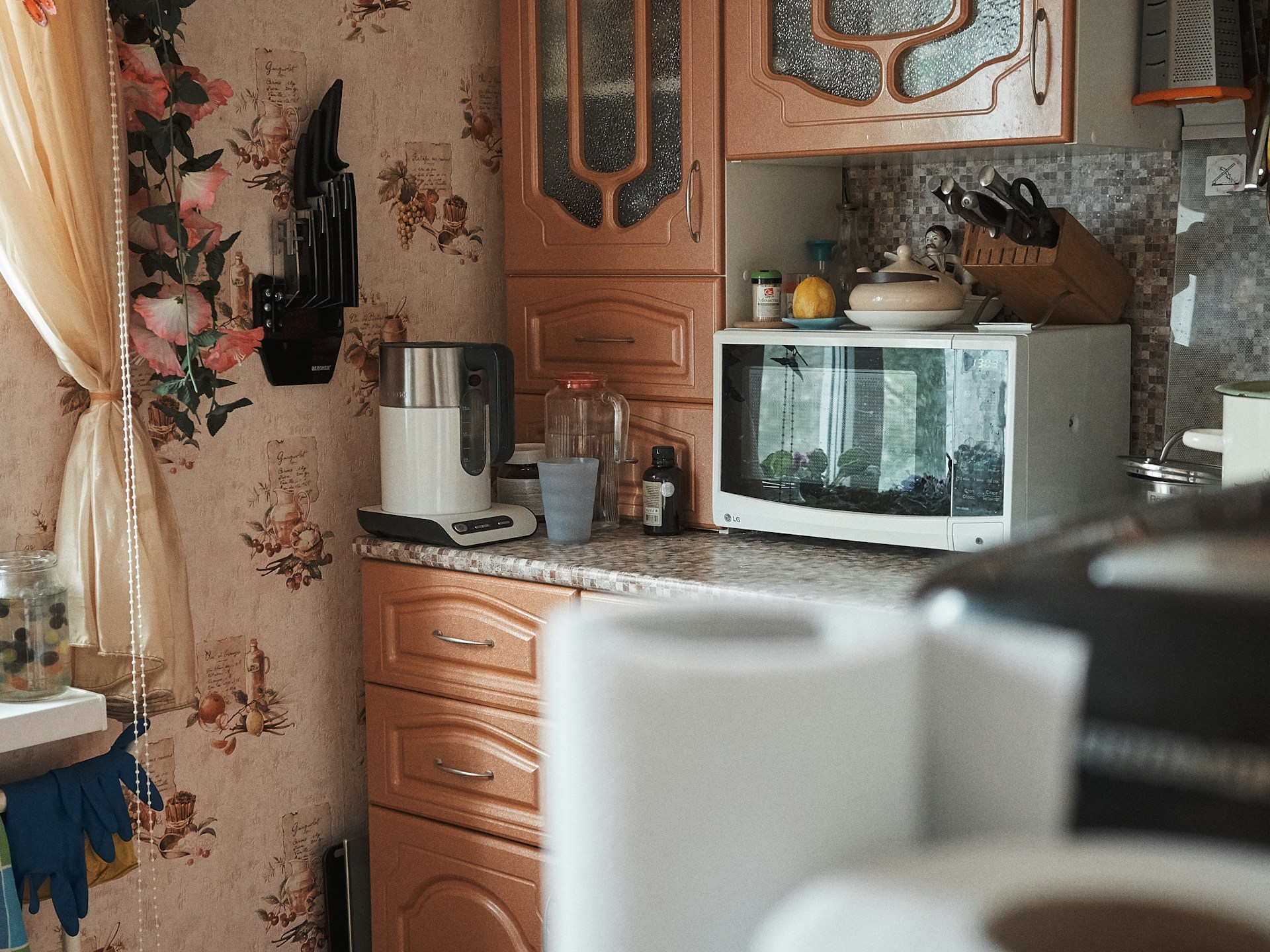When many experts predicted that we would transition from a pandemic to an endemic mode, it was tough to visualise how it would play out in different spheres of life and activity. If 2020 was all about a sudden disruption and finding ways to cope with the pandemic, the second half of 2021 has gradually seen us transitioning to a phase where some of these changes have seamlessly merged into our lifestyles. The new normal (one of the most overused catchphrases in 2020) has simply become normal. Nowhere has this been more evident than in the F&B space where we seemed to have found a balance between how things were before the pandemic and an immediate future that isn't as bleak as it looked last year:
Outdoor dining to blended dining: when restaurants and bars first reopened after the initial lockdowns, many diners veered towards outdoor dining options. This came hot on the heels of reports from New York City that went viral in 2020 suggesting that indoor dining was one of the key zones for the spread of COVID-19. It prompted many existing F&B hotspots to offer outdoor dining (where possible) and also influenced new launches and makeovers. As more of India got vaccinated, we have gradually moved from outdoor to blended dining. Diners choose outdoor if it offers a distinct advantage (in terms of experience or view) and stick to indoor especially on a hot afternoon. For a country that has preferred airconditioned comfort to the elements, COVID-19 has certainly added outdoor dining to the mix, even in humid cities like Mumbai and Chennai.
The disappearance of printed menus: It's a scene that's unfolding in most bars and restaurants. We pull out our phones the minute we're at our respective table; it's no longer just to text or check-in but scan QR codes to access menus. Printed menus were once an integral part of the restaurant experience and also the marketing collateral kit of a hotel. A shift to QR code-driven menus has pushed them to the verge of extinction. Reuben Kataria General Manager of the Leela Bhartiya City, Bengaluru believes that these new-age menus are here to stay - "Diners have quickly transitioned to QR code menus and are comfortable to find their way around"
From re-mixes to pre-mixes: We might have been swaying to re-mixes in 2019 but a night on the town took on a different meaning in 2020. Tasting sessions and cocktail sessions went virtual in 2020, home brewing became a thing. Normalcy gradually returned but many of us didn't want to stop playing mixologist. From florals to herbs, cocktail ingredients and pre-mixers have gone mainstream. "Indian consumers are looking for new experiences and ready to drink craft spirits that can add a new dimension" Ajay Shetty Founder-Director Salud Beverages summarises this trend
Socially responsible drinkers: That image of a twenty or thirty-something drinking hard during the weekend could be something we leave behind in the 2010s. Earlier this year I caught up Dr Bill Lumsden Director of Distilling, Whisky Creation & Whisky Stocks of Glenmorangie "We're already seeing consumers in evolved markets seeking low-alcohol or no-alcohol booze alternatives." We're likely to see spirits with the same flavour profile but with lower alcohol levels. This will also put it at odds with the classification of such alternatives as Scotch whisky within the current stipulations (a Scotch whisky needs a 40% or higher ABV). Iconic whisky brands will also have to move towards sustainable business practises, energy efficiency and carbon neutrality to appeal to a more evolved and more socially responsible consumer.
(Also Read: Food Controversies Of 2021: 7 Shocking Incidents That Shook The Internet)


Local heroes: Travel curbs might be one reason that made us look closer to home for travel and food inspiration. As we returned to hotels for business travel and staycations, hotel chains across India started to dig deeper into local food and culture to create new culinary adventures. Homemakers took centre stage at restaurants while micro cuisines enjoyed their run under the spotlight as restaurants and hotels leaned on local ingredients when global supply lines were disrupted. Ibis was one of the hotel chains that cashed in on this trend. "A lot of the dishes and flavours at Ibis Mumbai Vikhroli have taken inspiration from Maharashtra. Guests love the mix of tradition and innovation like the crab bonda pao or the paneeri keema pao, packed with flavours that are both nostalgic and exciting." - Chef Jayendra, Executive Chef, Ibis Mumbai Vikhroli.
Plant-based food goes mainstream: it's no longer just religious beliefs or compassion towards animals that are leading the push towards veganism or vegetarianism even in a country like India with one of the world's largest percentage of vegetarians. Multiple global surveys have revealed that concern for the environment and climate change is leading younger audiences and Gen Zers towards plant-based food. Siddharth Ramasubramanian , Founder & CEO Hello Tempayy sums up this shift - "Awareness around the importance of protein is growing. These consumers are actively looking for new vegetarian, clean and versatile food options that fit into their daily lifestyle and taste requirements while delivering the protein they require. Tempeh fills this void on the main plate which is evident in the adoption of the product in India thus far."
Immunity boosters are no longer a quick fix: immunity boosters became a thing in 2020. Turmeric and vitamin C got thrown into everything from bread to tea even as we chased chemists for supplies of Vitamin C supplements. That frenzy has passed but the awareness around integrating immunity boosters in our diets (rather than force fitting these ingredients) is here to stay.
Reels to Real: Instagram Reels was not just one of the big social media phenomena of 2021 but also one of the best discovery platforms of the year. Local food bloggers and digital influencers unearthed delicacies from neighbourhoods across the big cities and from smaller towns that showcased Indian food as well as small restaurants and home chefs like never before.
About Ashwin RajagopalanI am the proverbial slashie - a content architect, writer, speaker and cultural intelligence coach. School lunch boxes are usually the beginning of our culinary discoveries.That curiosity hasn’t waned. It’s only got stronger as I’ve explored culinary cultures, street food and fine dining restaurants across the world. I’ve discovered cultures and destinations through culinary motifs. I am equally passionate about writing on consumer tech and travel.







